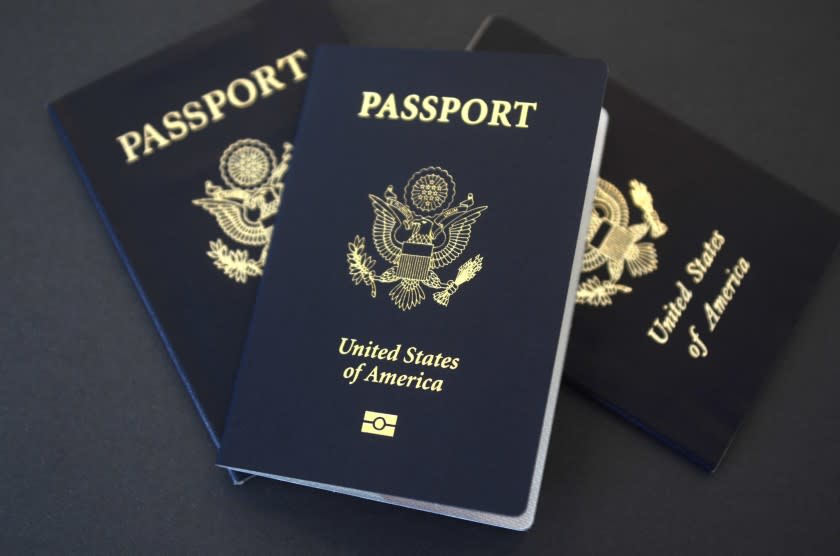State Department's stricter travel advisory likely won't help an insurance claim

The State Department on Thursday issued a Level 4 advisory, asking U.S. citizens to “avoid all international travel due to the global impact of COVID-19.”
But will the new warning affect whether your trip insurance will cover your expenses if you are caught abroad?
“Generally speaking, the answer is no,” said Julie Loffredi of InsureMyTrip, an insurance aggregator that helps consumers compare policies. “It does not change anything.”
“Travel insurance companies have already identified this as a foreseen event back in January. However, with some ambiguities regarding specific coverage, policy holders should reach out to their companies directly for clarification.”
Travel insurance providers have explained some of the complexities of coverage, detailed in a collection of statements by those insurers, provided by SquareMouth, also a travel insurance aggregator.
One U.S. senator takes issue with the lack of coverage. In a March 17 letter to the U.S. Travel Insurance Assn., Sen. Ed Markey (D-Mass), wrote, “Too many consumers are now learning that the fine print and hidden terms of their travel insurance policies means that they have no coverage for claims caused by the coronavirus.
“This is wrong, unfair, and against the public interest.
“Travelers are discovering that — unless they fall ill from coronavirus — the travel insurance plans they purchased will not cover coronavirus-related claims.”
He cited two insurers whose websites note that a fear of travel is not a covered reason under most standard policies.
“What travelers are experiencing today is more than a vague or general ‘fear of travel,'” he wrote. “Individuals who travel now are placing themselves and others at legitimate risk of contracting or spreading the coronavirus.
“Insurance companies should not be in the business of effectively encouraging travel in this emergency situation by refusing to honor travel insurance policies when consumers wish to cancel or change travel plans because their lives, and the lives of others, depend on it.”
In response to Markey’s letter, Megan Cruz, executive director of the insurance association, said in an email, “In this current crisis, our immediate focus is on helping our consumers and fulfilling our obligations under their travel protection plans. Our priority as an industry is to provide consumers with viable options to manage the risk of travel as well as the information they need to make the best travel insurance choice for their journey.”

